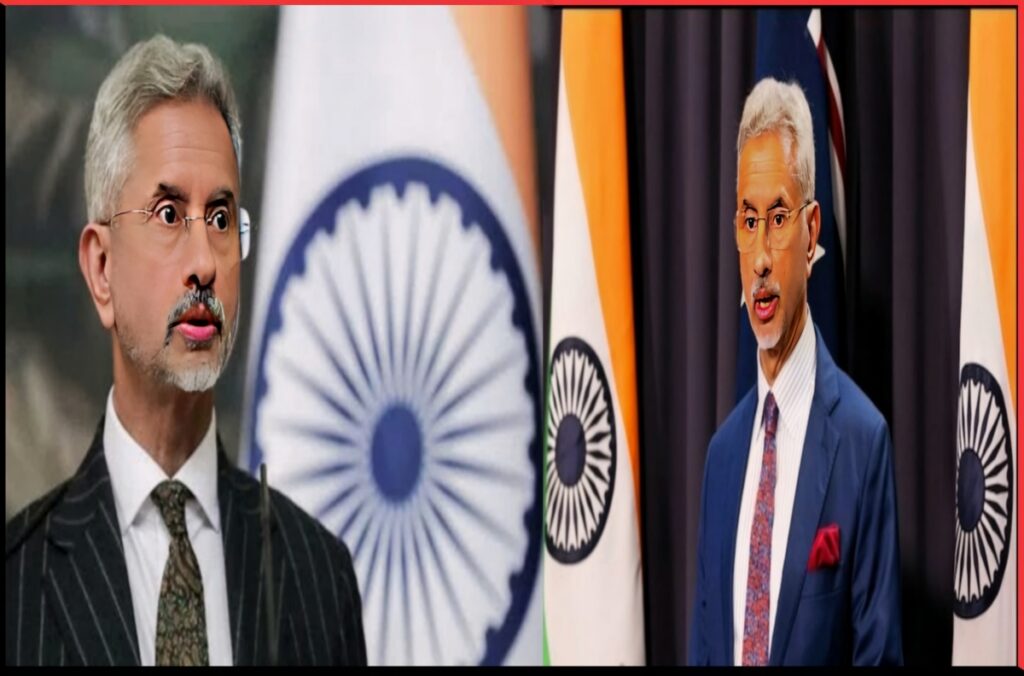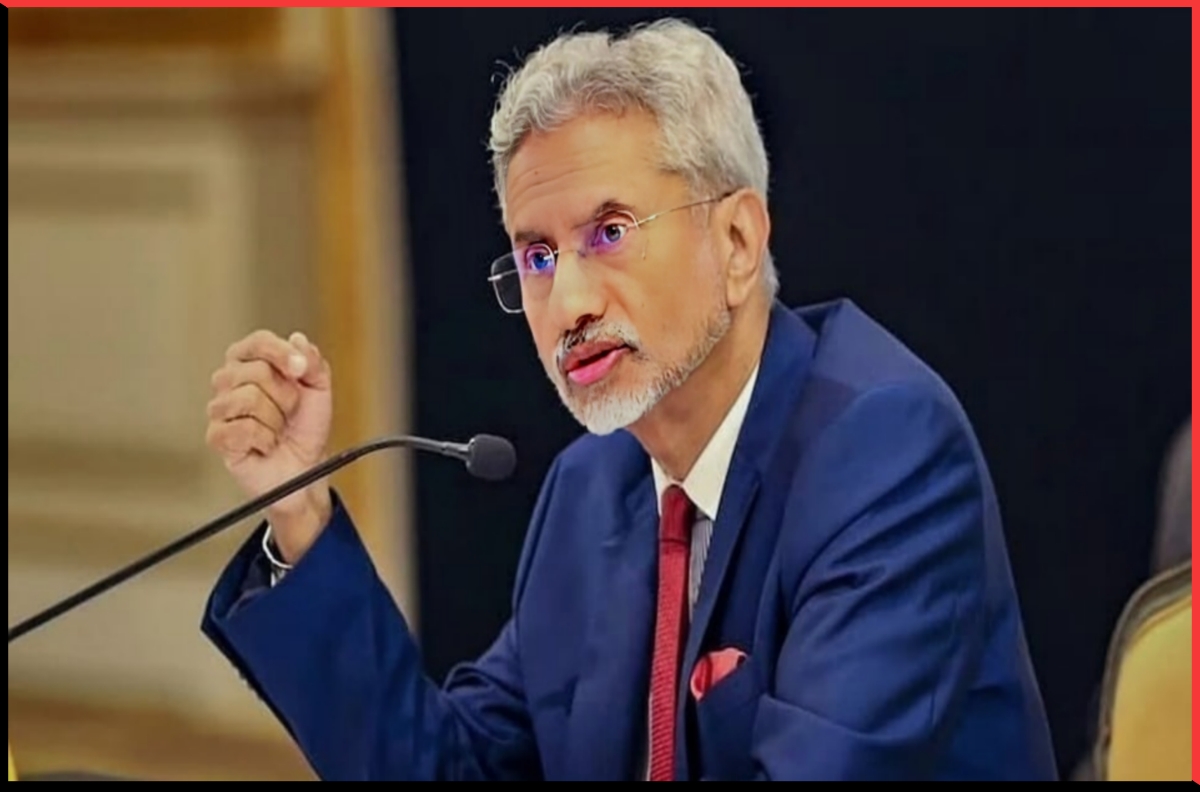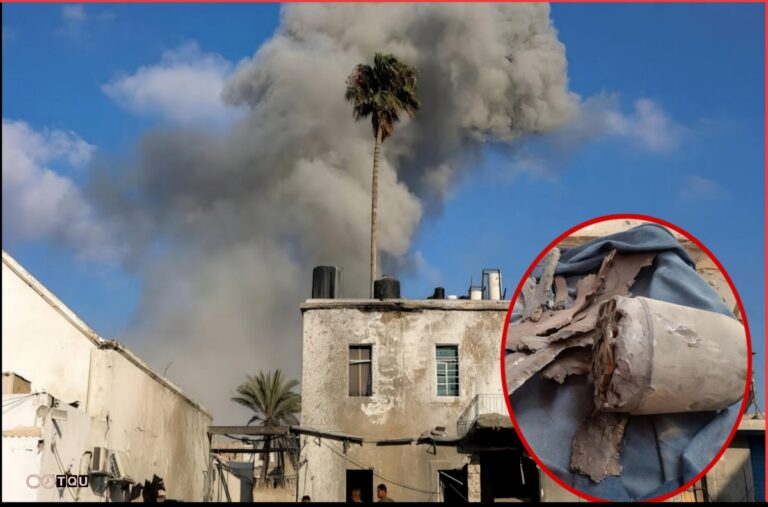EAM Jaishankar confirms India’s strikes on eight Pakistani airbases changed the course of last month’s conflict, dismisses any third-party mediation.
New Delhi, June 10, 2025 — In a bold and unambiguous statement, External Affairs Minister S. Jaishankar revealed that India’s decisive airstrikes on eight key Pakistani airbases on May 10 forced Islamabad to halt hostilities, effectively ending the intense military standoff that followed the April 22 Pahalgam terror attack.
Speaking in an exclusive interview with US-based Politico, Jaishankar dismissed claims of international mediation and asserted that it was India’s swift and overwhelming retaliation that brought the conflict to a standstill.
standstill.
“The fighting stopped on the 10th for one reason and one reason only — we hit the main eight Pakistani airfields and disabled them,” said Jaishankar. “These images are publicly available on Google. Anyone can see the damaged runways and destroyed hangars.”
Airbase Strikes Marked Turning Point
Jaishankar’s comments come amid widespread speculation and international commentary on how the India-Pakistan conflict deescalated so rapidly. He made it clear that India’s military strategy — not diplomacy — shifted the balance, stressing that the Indian Air Force inflicted far more damage on the Pakistani side.
“Destroyed and disabled airfields on the Pakistani side stand as proof of our capability,” the minister added, citing the effectiveness of Rafale jets and India’s advanced air-defense systems.
This revelation follows confirmation by Chief of Defence Staff General Anil Chauhan, who acknowledged that India lost some jets during the confrontation, but quickly adapted and reasserted aerial superiority.

A Doctrine of Retaliation
In his strongest words yet, Jaishankar issued a warning to Pakistan against continuing support for terrorism.
“If Pakistan continues the kind of barbaric acts like they did in April, there will be retribution. And we don’t care where the terrorist infrastructure is. If it’s deep inside Pakistan, we’ll go deep inside Pakistan,” he declared.
He criticized Pakistan’s “open training of thousands of terrorists” and reiterated that India would no longer remain passive in the face of cross-border terror threats.
“Pakistan is steeped in the use of terrorism as an instrument of state policy. That’s the core of regional instability,” said the minister.
Operation Sindoor: India’s Calculated Response
The four-day conflict was triggered by the Pahalgam terror attack, which claimed multiple civilian lives. In retaliation, India launched Operation Sindoor, striking nine terror facilities across Pakistan and Pakistan-occupied Kashmir.
However, it was the May 10 airbase bombardments that forced Islamabad to back down and agree to a ceasefire, a fact now officially acknowledged by Indian leadership.
This also calls into question US President Donald Trump’s earlier claim that his administration played a behind-the-scenes mediating role — a narrative now directly refuted by India’s top diplomat.










